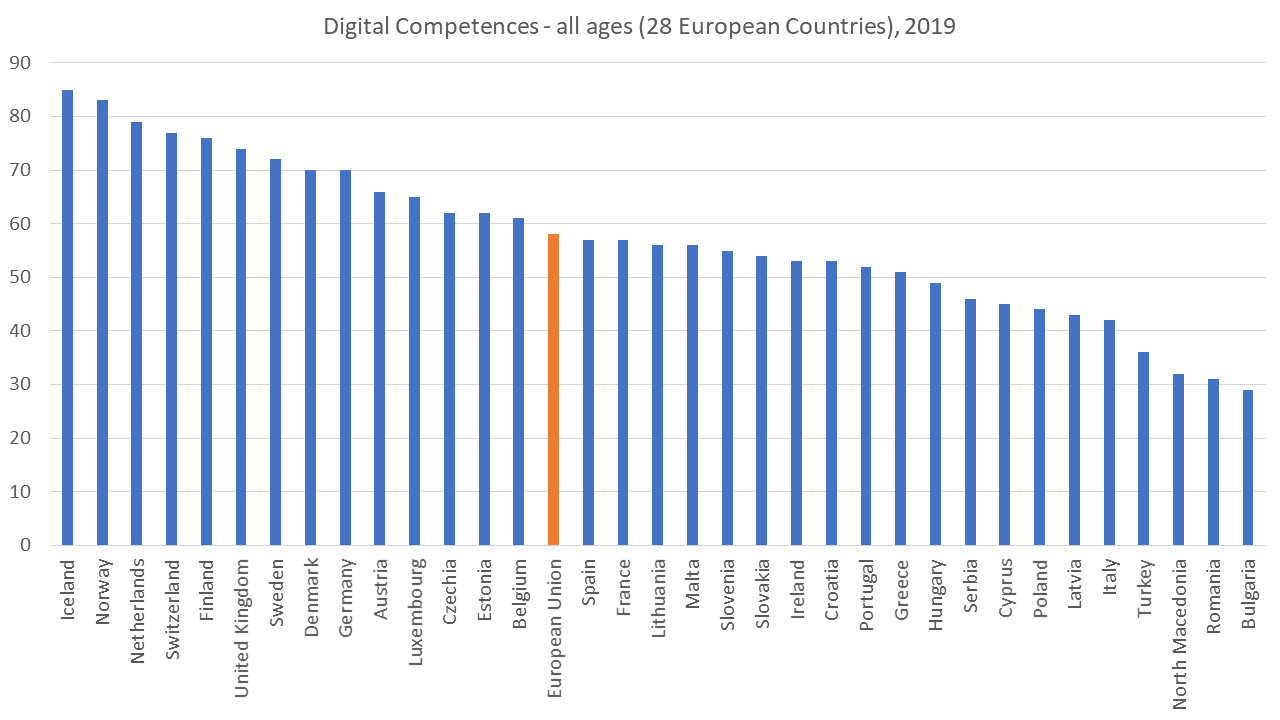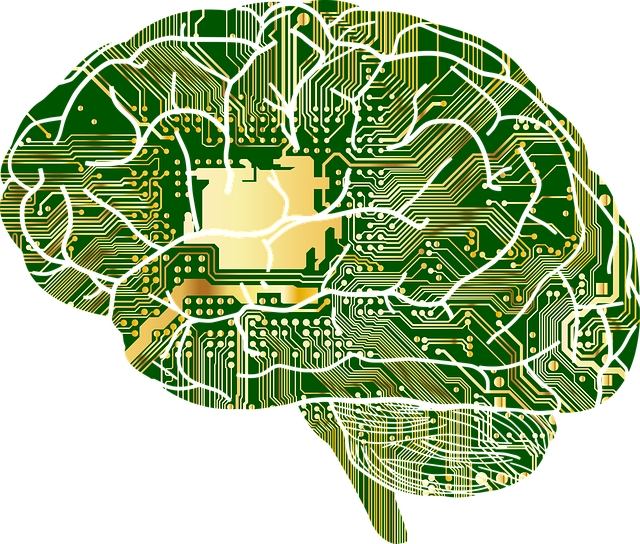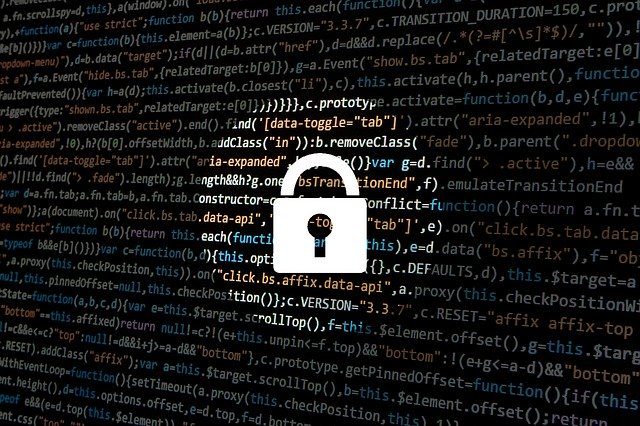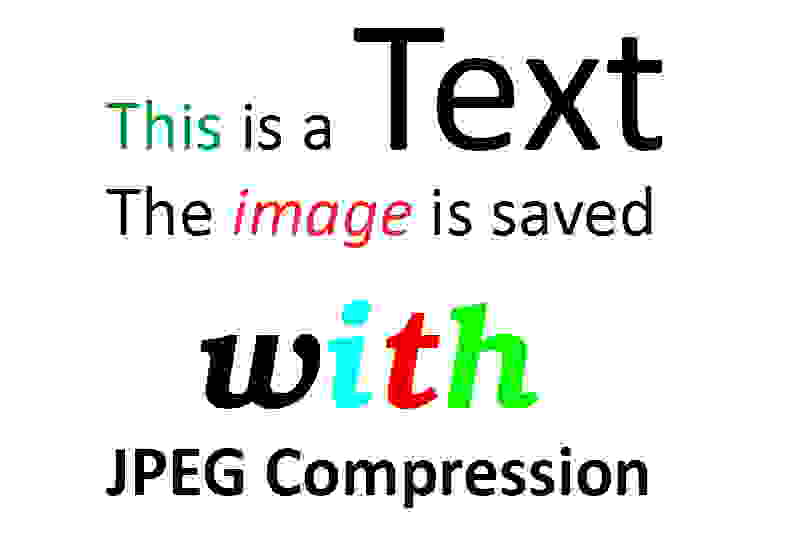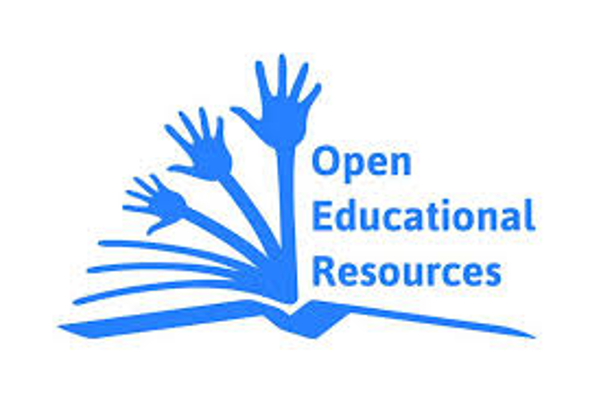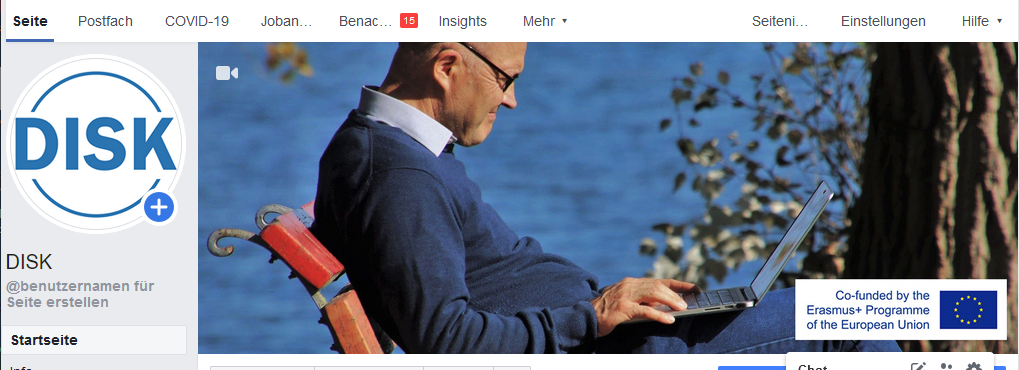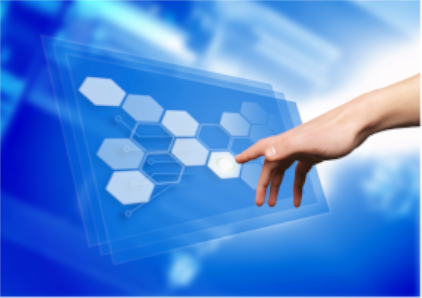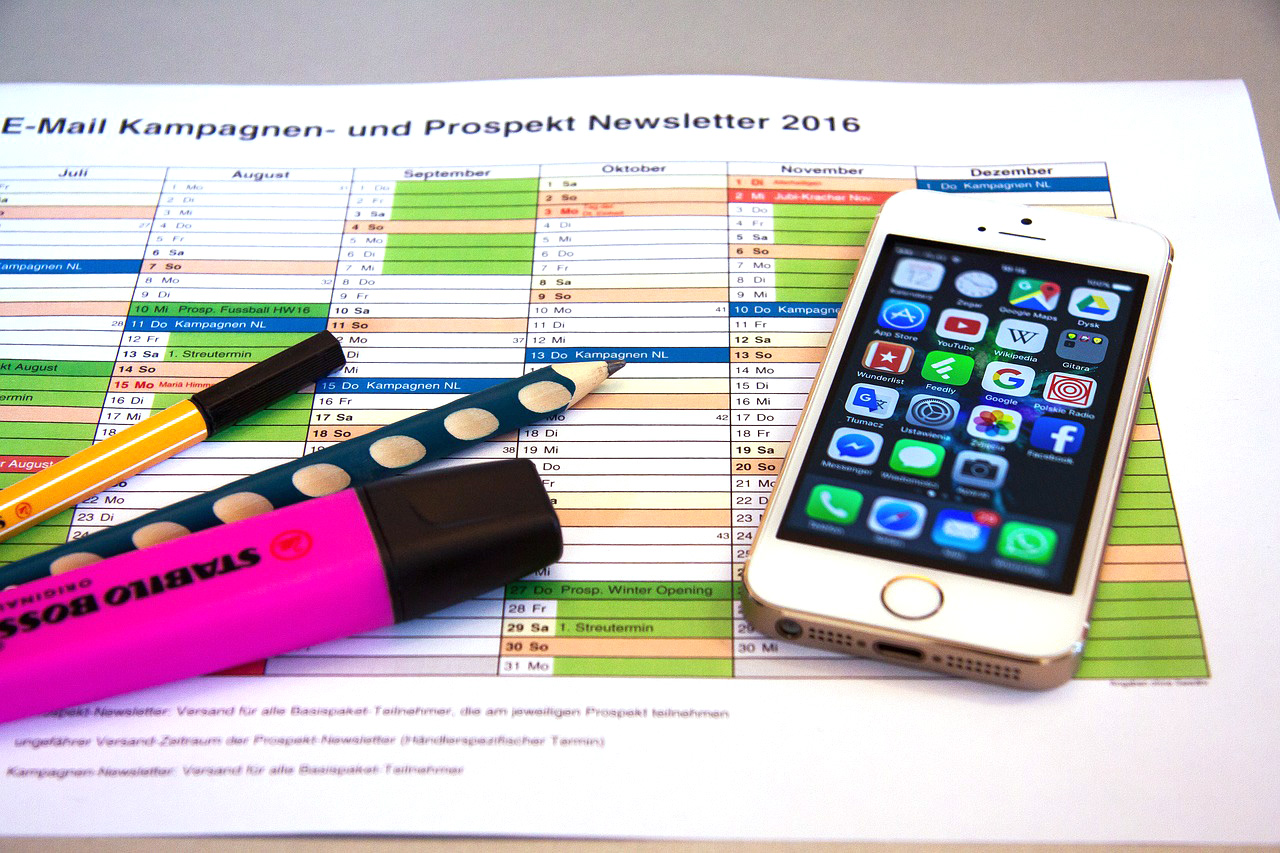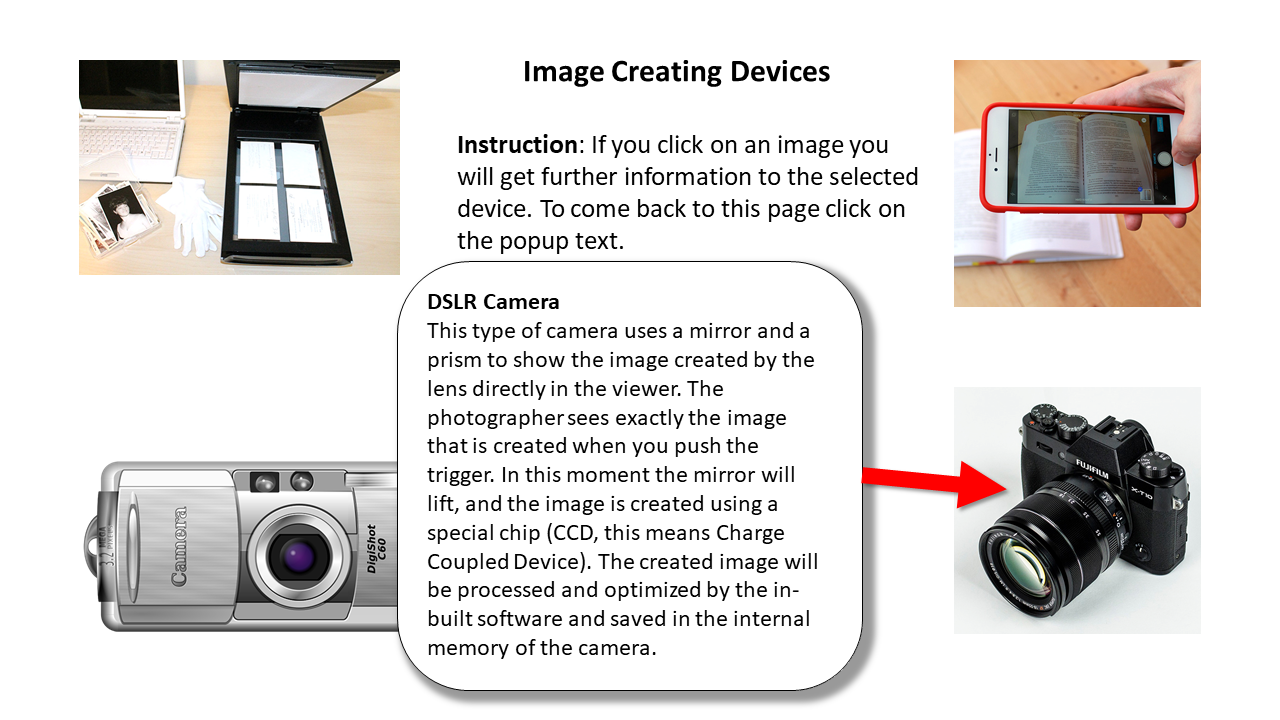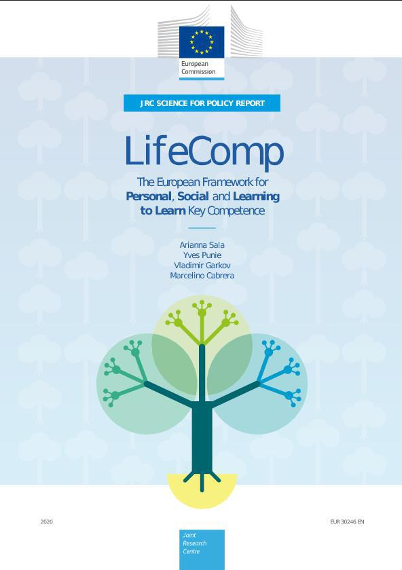
The European Competence Framework on Personal, Social and Learning to Learn from JRC
In the DISK project the DigComp 2.0 framework from Joint Research Center (JRC) and the European Commission, is used, which identifies 5 key components of digital competence, which can be summarized as: 1) Information and data literacy, 2) Communication and collaboration, 3) Digital content creation, 4) Safety, and 5) Problem solving. As another important, and timely Read More …

